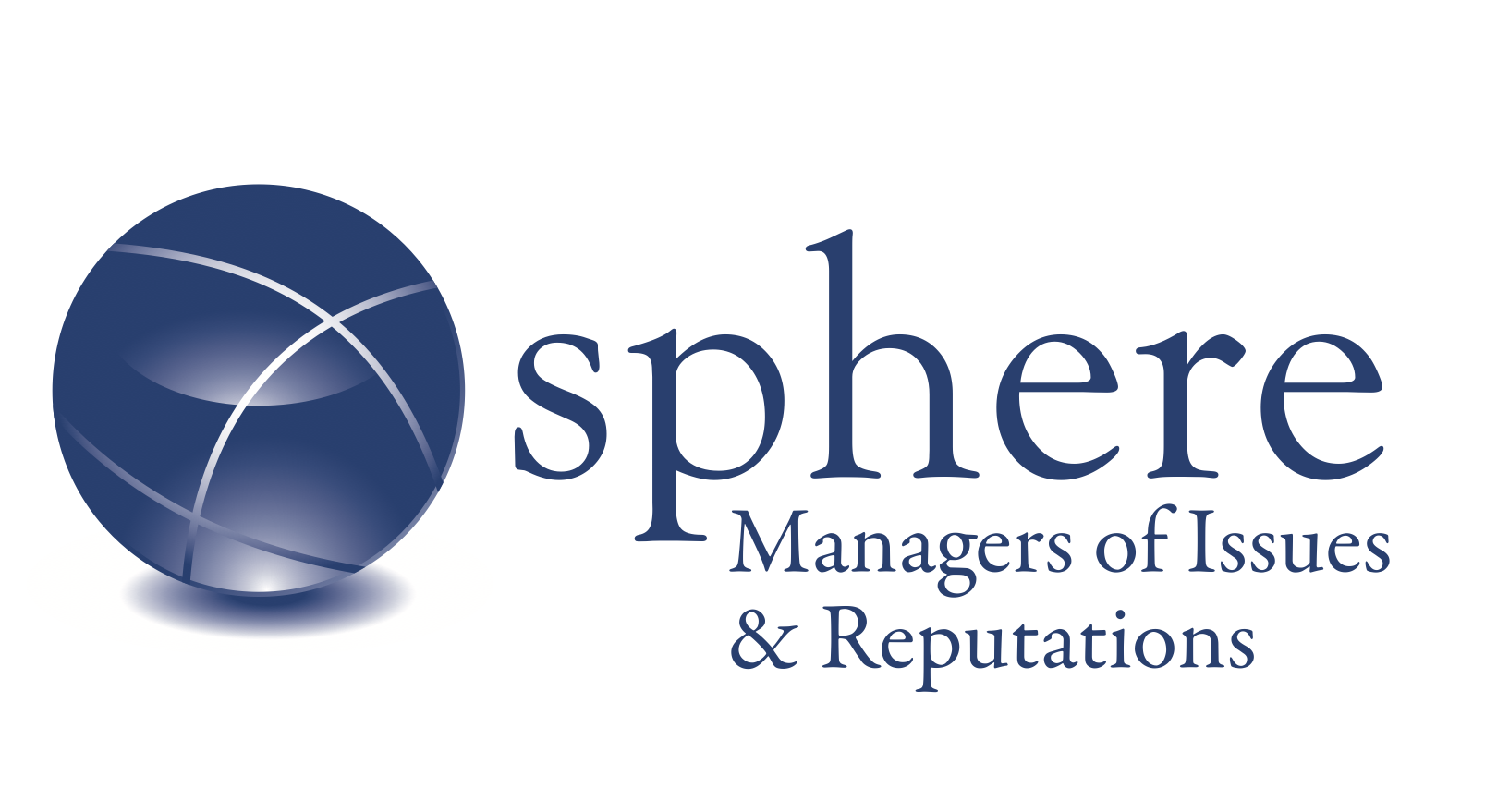01 Aug
2016
TPP, Big Data, and what everything else that happening this week in Washington – TenCount 8.1.16
- Washington in August, from a local newspaper in 1800: “The intense heats of the season, actually remind us of the immense superiority which the City of Washington will enjoy, even when it shall become populous, over every other city, perhaps, which ever existed, in its numerous open grounds and the noble spaciousness of its streets and avenues.” Such optimism notwithstanding, beginning the following year the city shut down each August to prevent outbreaks of bilious fever.
- The threat of fevers no longer keep modern-day politicians from exercising their authority in the District of Columbia in August – unless you count Congress, which of course is on recess until after Labor Day. The Obama Administration is in residence, however, and on Tuesday the president will host Singapore Prime Minister Lee Hsien Loong for talks and a state dinner marking the 50th anniversary of diplomatic relations between the two nations.
- The Trans-Pacific Partnership is certain to be a topic of conversation, and perhaps protests, while the Prime Minister of Singapore is in town, including at a Monday reception hosted by the U.S.-Asean Business Council and the U.S. Chamber of Commerce. Singapore’s free-trade pact with the United States served as one of the models for the 12-nation TPP.
- Much of the rest of the conversation in Washington and beyond this week will no doubt be dominated by the summer Olympic Games, which get underway in Rio de Janeiro, Brazil, with opening ceremonies at 7 p.m. EDT on Friday. Rio is one hour ahead of the U.S.’s Eastern time zone, so many events will be broadcast in real time on NBC and its affiliated stations (meaning a lot of office television sets will be tuned in during the day).
- Of course, what would the Olympics be without reports of uncompleted infrastructure, security concerns and a still-widening doping scandal? Add to that worries about pollution clogging the open-water sport venues and the very real threat of Zika – assurances from the head of the World Health Organization notwithstanding – and you’ve got a potent brew of potential spectacle to distract from the real reason the athletes are in Rio.
- Even with Congress out of town, Washington’s think tanks are running at near-full speed, and this week technology is the topic. On Tuesday, TechFreedom hosts a discussion on “Net Neutrality in Court: What’s Next?,” a seminar focused on the recent decision by the D.C. Circuit Court of Appeals to uphold the F.C.C.’s 2015 Open Internet Order. Last week, cable and telecommunications industry groups appealed that ruling, asking the full appeals court to reconsider.
- Big Data already has fueled big strides in the private sector, but what about government use of mobile infrastructure and real-time data to improve subjects like international development? The Information Technology and Innovation Foundation on Wednesday will conduct a discussion on “Data for Development: Powering Evidence-Based International Aid with Mobile Technology.”
- Despite the spread of digital technology and its easing of access to financial services, some two billion adults around the world remain excluded from the financial system. On Thursday, the Brookings Institution’s Center for Technology Innovation will release its second annual Financial and Data Inclusion Project Report, accompanied by a discussion on “Advancing Financial and Data Inclusion.”
- The Federal Communications Commission will meet on Thursday to consider slightly raising the rates it allows for prison phone services after a federal court froze its previous low-rate regulation pending appeals from prison call companies. The commission is trying to rein in monopoly charges on call rates from prisons and jails, which can gouge users and their families with fees of up to $14 a minute.
- At the just-finished political conventions, Democrats extolled the progress in the economy over the last eight years while Republicans said the nation is worse off than before. What do the statistics say? The unemployment rate is expected to hold steady at 4.9 percent when the Labor Department releases its latest figures on Friday, down from 7.8 percent when Obama took office and 10 percent at its financial-crisis peak.
